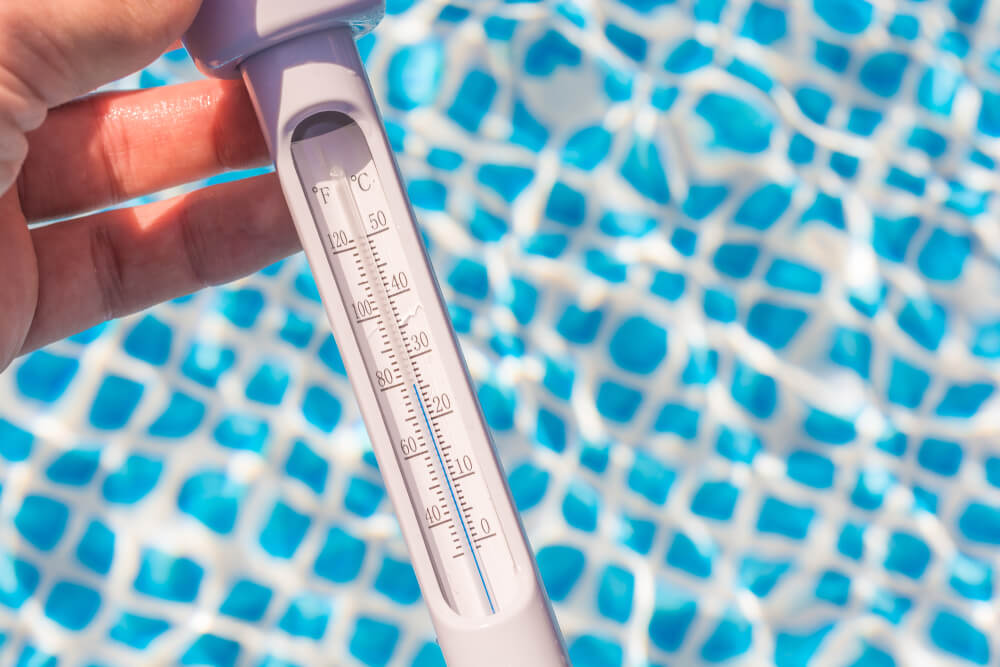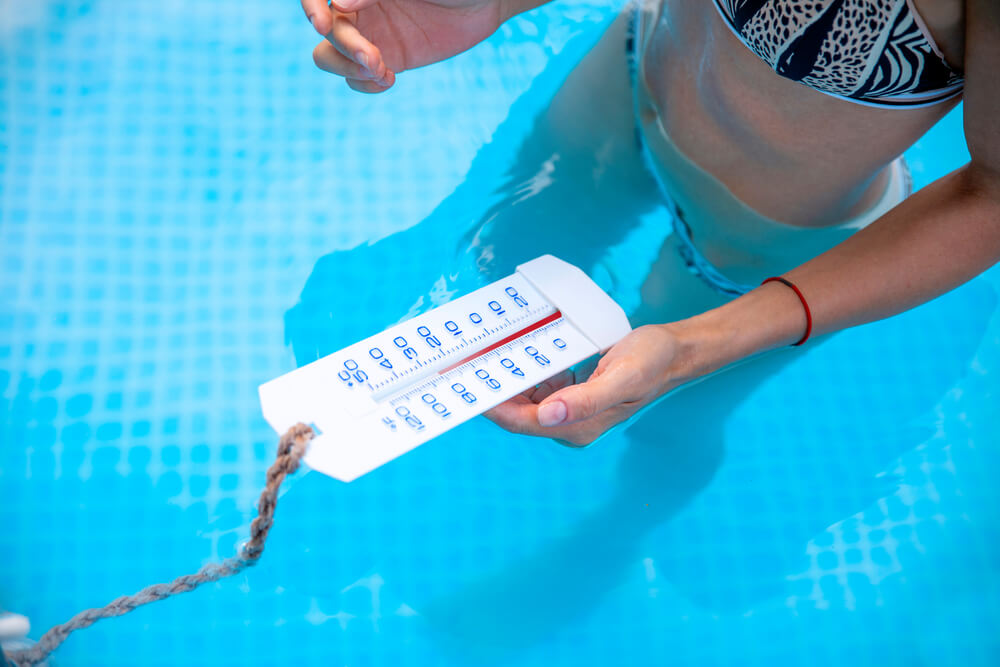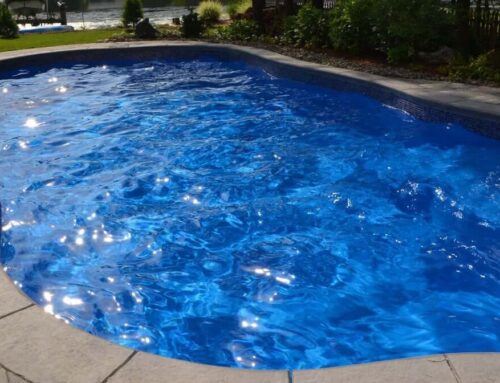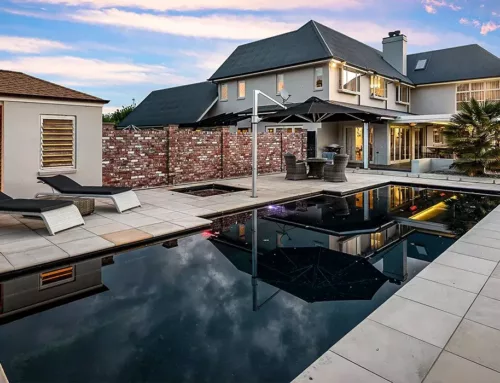Does the temperature in your pool matter? Yes, it does. Extreme highs or lows in water temperature affect the body in many ways. That’s why it’s important to have a swimming pool repair service do a thorough check before every season. This way, you’ll know you have a perfectly clean pool and your pool heat pump is working properly.
Swimming in waters under 64 degrees Fahrenheit can go as far as causing a cardiac arrest. Pregnant women, children, and those with different health conditions ought to be cautious about the temperatures they are exposing their bodies to.
So which is the best pool temperature for swimming? Sometimes the answer will depend on the activity in the pool. If you need to know the best pool temperature for you, the piece below will enlighten you on water pool temperatures and the best temperature for anyone.
Why is Swimming Pool Temperature So Important?
As mentioned above, water temperatures can significantly affect your health, which is why the right swimming pool temperature is essential. Also, apart from health issues, pool water temperature is necessary for maintaining your pool’s ideal chemistry.
Swimming pool temperature directly affects the pH of the water in the pool. So if you do not properly maintain the pool’s water temperature, you will have to keep balancing your pool’s water pH throughout the day. The big problem is that both algae and bacteria can form very quickly if the temperature isn’t right, which is why it’s important to invest in a quality pool heat pump.
When the water is too warm, the chlorine in the pool water depletes itself while trying to fight off the high temperatures of the water. Subsequently, the pH levels of the water then go out of control.
Algae and bacteria thrive in warm water temperatures, and so when they breed, the water then becomes unsafe for swimmers.
A warmer pool temperature for swimming is important for babies and toddlers. Due to their thin skin, they cool off faster in water than adults. Elderly and disabled people are not so active even when in the water, so they too tend to cool off faster. Having the ideal pool temperature will allow everyone to have a good time during those hot summer days.
Apart from health issues, you need to be cautious of the pool temperature regarding overall water quality in your pool. Knowing the ideal pool temperatures in your pool will help you know when it gets too warm or too cold. This way, you can be up to date with warding off algae or bacteria from the water.
When you are aware of your pool’s water temperature, you can tell when to call a swimming pool repair service. For example, your pool heat pump can cause big issues in your pool, and in this case, the repair service may help you solve the problem at hand.
What is the Ideal Pool Temperature?

Everyone is different when it comes to their ideal pool temperatures. However, if your pool is a recreational family pool where the elderly and children are involved, you might want to prioritize their health.
The ideal pool temperature, which is not too warm, is between 77 and 82 degrees Fahrenheit. This is the best pool temperature for the average swimmer. In addition, you might need to take into consideration the activities happening in the water. For example, if the activities are more aerobic, you might want to consider lowering the temperature a bit.
Aside from people with health problems, the good thing is that our bodies can quickly adapt to the average temperature preferred. If you are not in the high-risk category, your body will easily adapt to 77-82 degrees Fahrenheit.
When the Pool is too Warm
A heated and warm pool may seem like a luxury to many, and honestly, it is a luxury, especially when you live in cold places. However, the warm heated swimming pool can be a breeding place for bacteria and algae. This can be a huge health risk.
Keeping the water warm may serve well for toddlers, babies, and seniors, as discussed above. However, you may need to cool the swimming pool temperature. So how do you do it? There are a few effective things you can do to cool off the water.
First, you can add waterfalls to your swimming pool. Adding waterfalls or fountains does not only improve the aesthetic appearance of your pool. It also helps to cool the water. The waterfalls or fountains’ activity causes evaporation which makes it all happen.
If you live in hot areas or when the summer is too hot, you can consider adding some shade to your pool to help cool it. In addition, you can take advantage of a reversible pool heat pump because it can heat and also cool the water. This is why it’s important to have a swimming pool repair service check all the equipment regularly.
When the Pool is too Cold
The National Center for cold water safety states that water below 50 degrees Fahrenheit is cold enough to restrict breathing, cause shock and even death. Shocking but true, meaning you need to ensure that the water never gets close to such levels of cold.
Some people prefer warm water while others prefer colder. For example, people suffering from arthritis might opt for higher temperatures to ease the pain in their joints.
So how do you warm your pool? If you can cool your water, you can also warm it. First, make use of the sunshine; if your pool is under a shade, you can try to remove it so that there’s more natural sunlight warming up the water.
If you live in cold areas and have no access to direct sunlight, another alternative is installing a pool heat pump. These are easy to use, but they are also efficient and durable, making them the perfect tools for the job.
If you live in very cold areas, you might want to cover your pool when you are not using it. This method will not actively heat your pool, but it will help retain the warmth already in the pool.
How Do You Control Pool Temperatures?

Unfortunately, there is no such thing as perfect weather, and you may need to keep checking your pool water temperature to ensure that it’s ideal. Most pool owners have heaters with built-in thermostats. The thermostat turns on and off automatically to control the temperature.
For example, when the thermostat detects cold water, the heater automatically turns the heating on. After heating up the water to the preprogrammed temperature, the heater automatically turns.
If you are not sure how to control your pool’s temperature, you can contact the experts here at Florida Pool Patio for help.
Regular Maintenance And Checks Are Key
There is no one-size-fits-all method that you can use to get the best temperature for your swimming pool. However, by taking a more thorough look at your activities and your preferences is a perfect start for determining the temperature that works best for you and your family.
Staying within the 77-82 degrees range means that you or anyone else can use the pool safely. Using this as a reference point, you can adjust the pool’s temperature depending on the pool activities or the preferences of the people using it.
Still, the best thing you can do is to regularly maintain the pool and frequently check the temperature to ensure everything is in ideal condition.
If you enjoyed this article, make sure to share it with your friends on social media so they’ll also benefit from the useful information we presented here.






